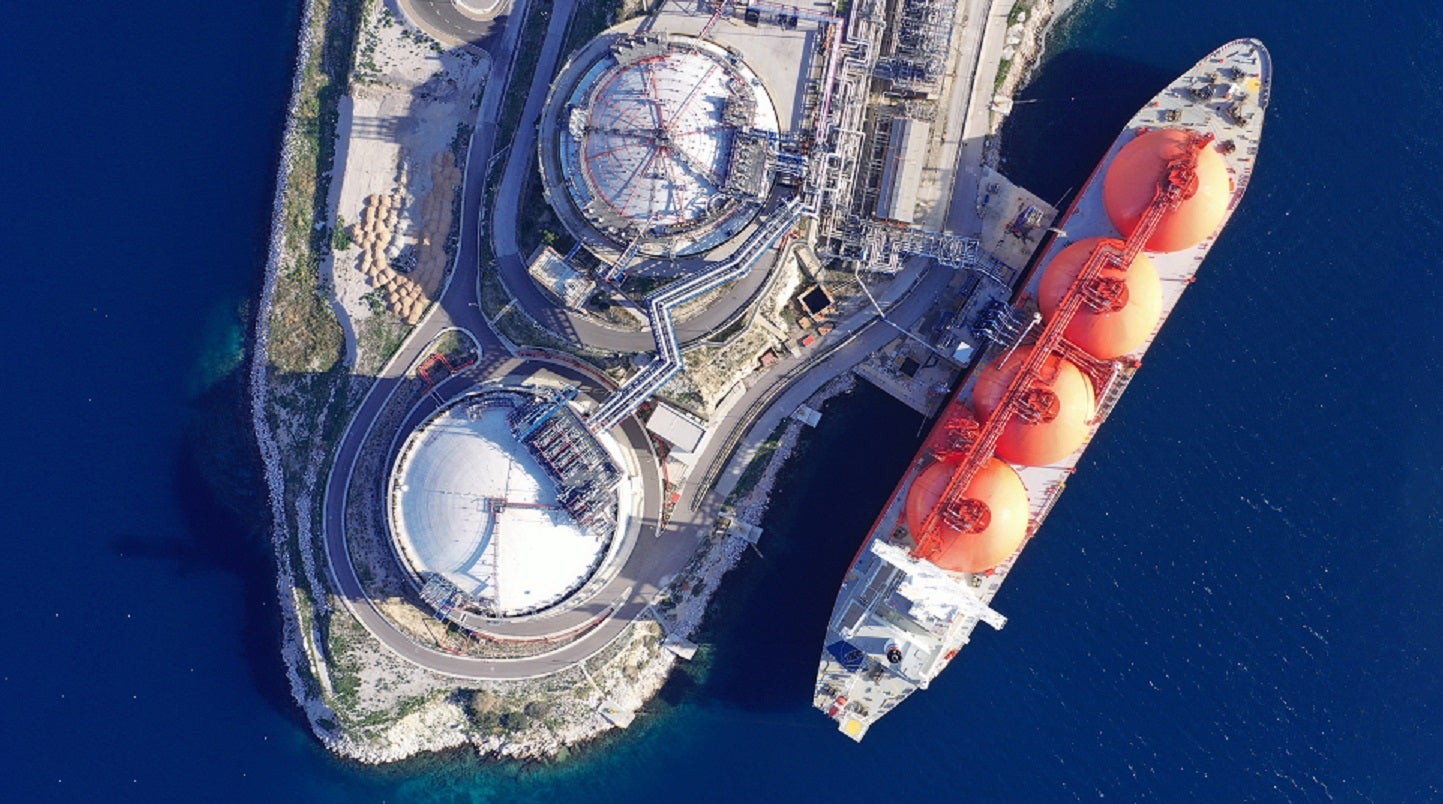
Japanese transport company Mitsui O.S.K Lines (MOL) has begun commercial operations at its FSRU, which will supply LNG to a power plant in West Java, Indonesia.
A FSRU is a type of shipping vessel or offshore installation used to move and transfer LNG through ocean channels. FSRUs receive and store LNG at around -160°C at sea, then heat and re-gasify it as it is required. It is delivered as high-pressure gas to an onshore pipeline and pumped into power plants. They are sometimes preferred because they can be installed at a relatively low cost and in a shorter period of time compared with an onshore LNG terminal.

Discover B2B Marketing That Performs
Combine business intelligence and editorial excellence to reach engaged professionals across 36 leading media platforms.
The project is Asia’s first ever gas-to-power project using an FSRU, the company said in a press statement on Friday. Operations officially began on 29 March, MOL added.
The unit, called Jawa Satu, will receive LNG for power generation from LNG carriers via ship-to-ship transfer, store it, re-gasify it and supply it to the 1.76GW PT Jawa Satu 1 power plant in Cilamaya, West Java, Indonesia.
Electricity generated at the power plant, which also began first operations on 29 March, will be supplied to PT Pertamina (Persero), Indonesia’s state-owned electricity company, for the next 25 years, MOL said.
MOL owns the Jawa Satu 1 power plant through a joint venture between Persero, Japanese trading house Marubeni Corporation and Japanese conglomerate Sojitz Corporation, as well as other partners. The Jawa Satu FSRU is also jointly owned by MOL, Persero, Marubeni, Sojitz and others.

US Tariffs are shifting - will you react or anticipate?
Don’t let policy changes catch you off guard. Stay proactive with real-time data and expert analysis.
By GlobalDataThe Jawa Satu project was first announced in 2018. It is co-financed by the Asia Development Bank, Crédit Agricole Corporate and Investment Bank, Japan Bank for International Cooperation, Mizuho Bank, MUFG Bank, Oversea Chinese Banking Corporation and Societe Generale Bank & Trust. Financing of private financial institutions is insured by Nippon Export and Investment Insurance.





